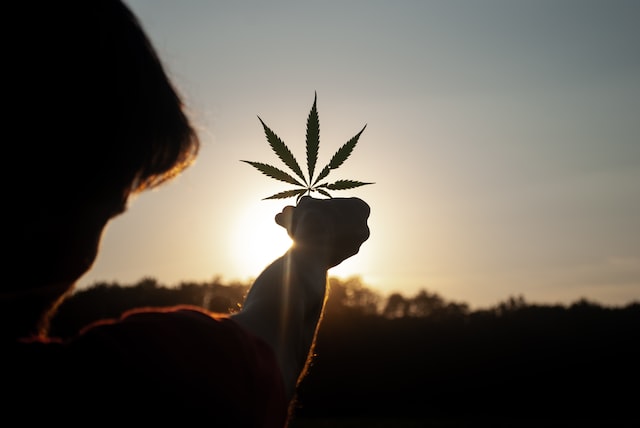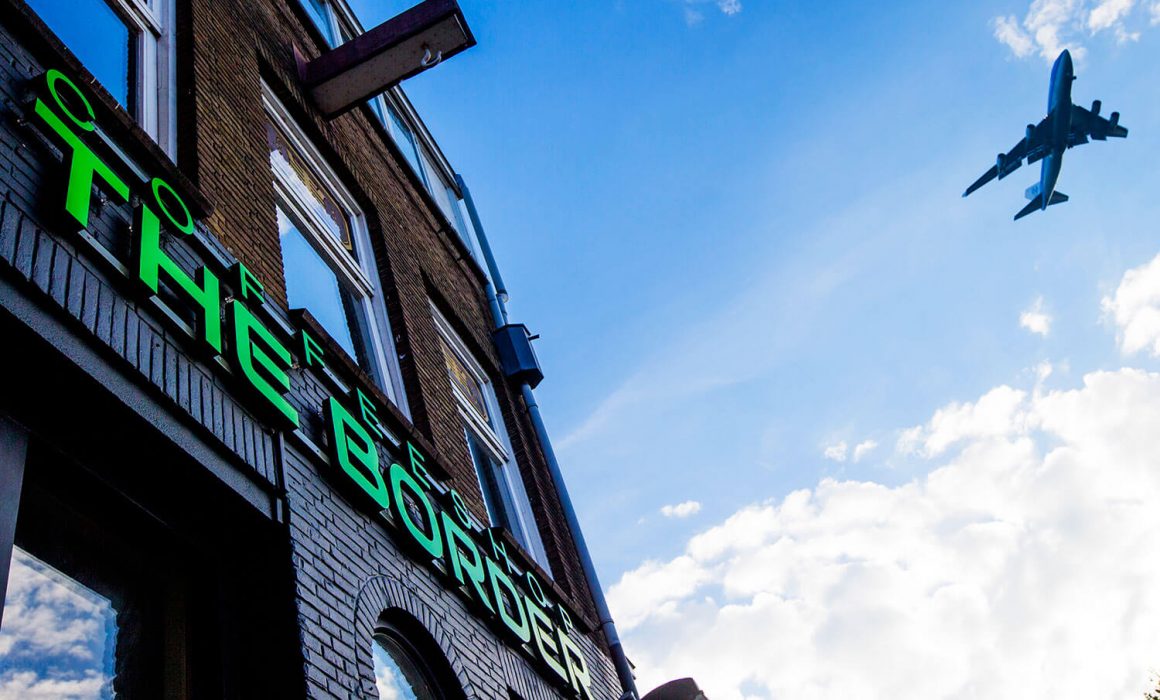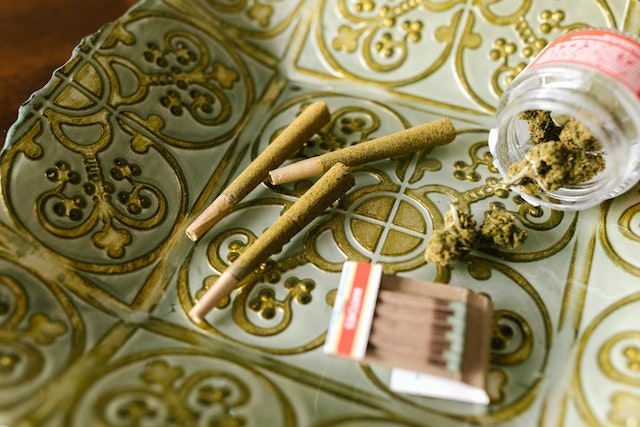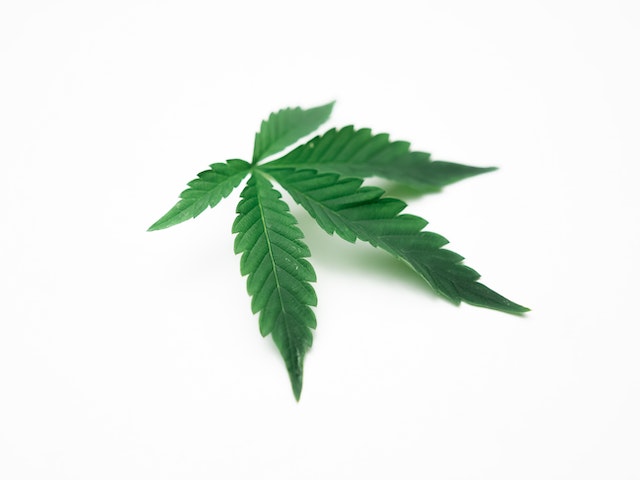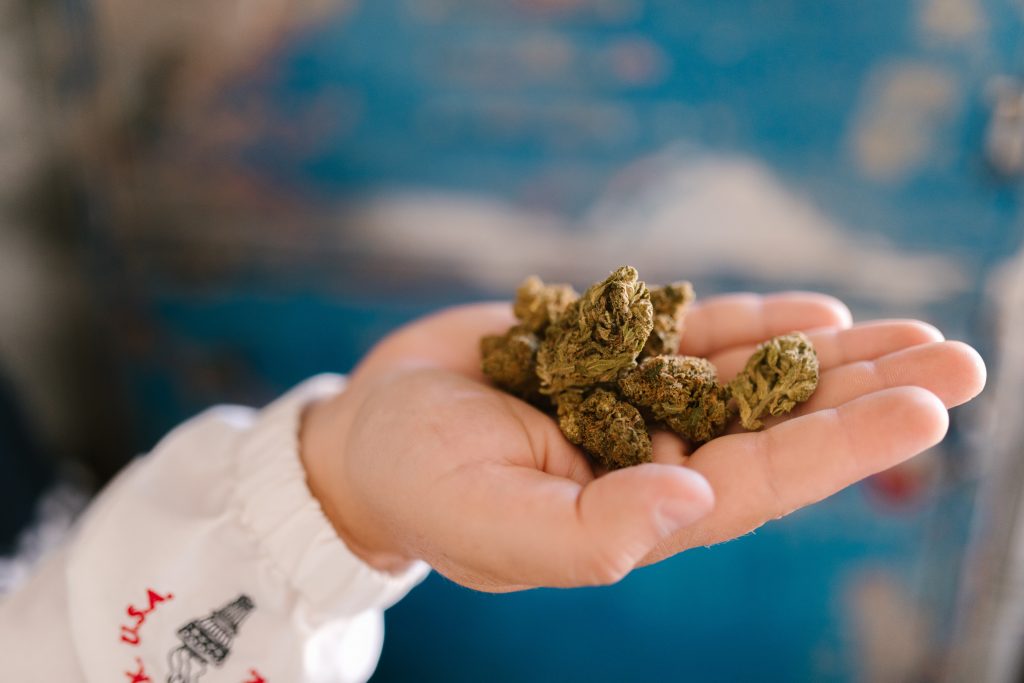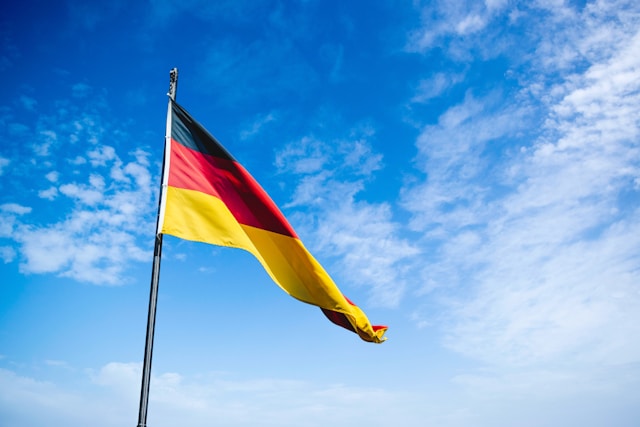What is the Opium Act and what does it mean for marijuana users?
The Opium Act is a ministerial regulation in the Netherlands that regulates the use, possession and trade of drugs and narcotics. This law distinguishes between different types of drugs, and determines what is legal and illegal in the Netherlands.
Find out exactly what the Opium Act means, its historical context, what is covered by it, and what it means for you as a cannabis user in the Netherlands.
How does the Opium Act work?
The Opium Act regulates drug use and protects public health by distinguishing between hard and soft drugs. Hard drugs, such as heroin and cocaine, are completely banned because of their serious risks.
Soft drugs, such as marijuana and hashish, are under a policy of tolerance. This means that small amounts are allowed under certain conditions. The law seeks to reduce risks by criminalizing the possession, trafficking, and production of hard drugs, while for soft drugs it allows more room for regulation. In this way, the government seeks to reduce the harmful effects of drug use, while also taking into account the individual freedom of citizens.
History of the Opium Act
The Opium Act was first established in 1919, aimed primarily at cracking down on opium use and trafficking. Over time, the law was expanded to include other drugs. But it was not until the 1970s that the Netherlands came up with a remarkable move: the tolerance policy for soft drugs such as cannabis.
This meant that although cannabis was officially illegal, its possession and use were allowed under certain conditions. The idea behind this was to emphasize the contrast between hard and soft drugs. By regulating soft drugs less strictly, the government wanted to emphasize the serious health risks of hard drugs, such as heroin and cocaine.
The policy of tolerance also allowed for a more pragmatic approach to drug policy, focusing on prevention and health care rather than exclusively criminal justice measures. This was a unique approach that attracted considerable international attention and gave the Netherlands a reputation as a pioneer in drug policy.
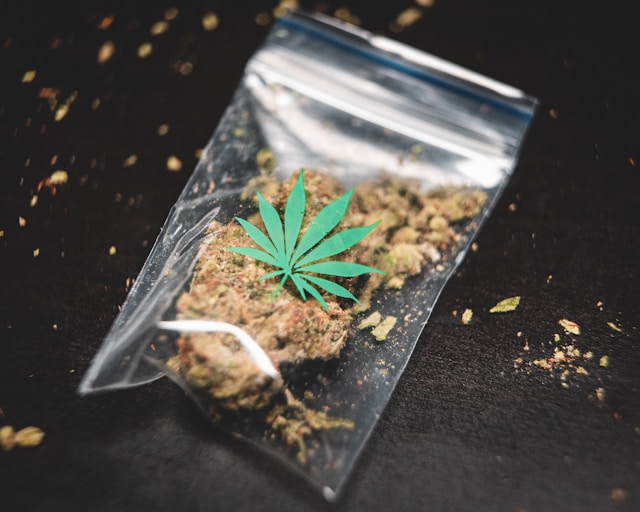
What is covered by the Opium Act?
The Opium Law distinguishes two categories of drugs:
- Hard drugs: These drugs are on list I of the law and are considered highly dangerous and addictive. Examples include heroin, cocaine, and amphetamines. The possession, trafficking, and production of these drugs are completely prohibited and heavily punished.
- Soft drugs: These drugs are list II substances and are considered less dangerous. Examples include cannabis products such as marijuana and hashish. Although these drugs are officially illegal, their use and trafficking in small quantities is tolerated under certain conditions.
Content of the Opium Act: list I and list II
The Opium Act consists of two lists that determine which drugs are illegal and which are tolerated under certain conditions.
- List I of the Opium Act: Here you will find the hard drugs, such as heroin, cocaine and ecstasy. Possession, trafficking and production of these drugs are strictly prohibited. If you are caught, you risk severe penalties, as these drugs are considered very dangerous.
- List II of the Opium Act: List II includes soft drugs, such as cannabis products (marijuana and hashish). Although these drugs are officially illegal, there is a tolerance policy in place. This means that their possession and sale are allowed under certain conditions. For example, coffee shops can sell a maximum of 5 grams per person per day, and they cannot stock more than 500 grams. This policy allows users to use these drugs within a controlled environment, while also reducing the nuisance and crime surrounding drugs.
What is punishable under the Opium Law?
According to the Opium Act, punishable offenses are as follows. The Opium Act prohibits:
- Hard drugs to possess, trade, produce or transport and bring into or out of the territory of the Netherlands.
- To possess or trade List II listed soft drugs in quantities greater than what is permitted for personal use (to be understood a quantity of 5 grams of cannabis).
- In addition, producing or transporting soft drugs in large quantities is also a criminal offense.
Opium Act violations
Violations of the Opium Law can result in severe penalties, especially when hard drugs are involved. For soft drugs, penalties are less severe, especially when small amounts are involved for personal use.
Coffee shops such as The Border must follow strict rules set forth in the opium law to operate. For example, they may not stock more than 500 grams of cannabis and may not sell soft drugs to minors. They must also ensure that there is no nuisance to the neighborhood.
Stop by at The Border
The Opium Act is an important instrument in the Netherlands to regulate drug use and protect public health. The tolerance policy for soft drugs allows users to buy and use cannabis in a controlled environment.
Are you curious about this experience? Then stop by coffeeshop The Border on the edge of the Amsterdamse Bos. Here you can enjoy our high quality cannabis products in a relaxed and safe environment. We look forward to seeing you at The Border!

